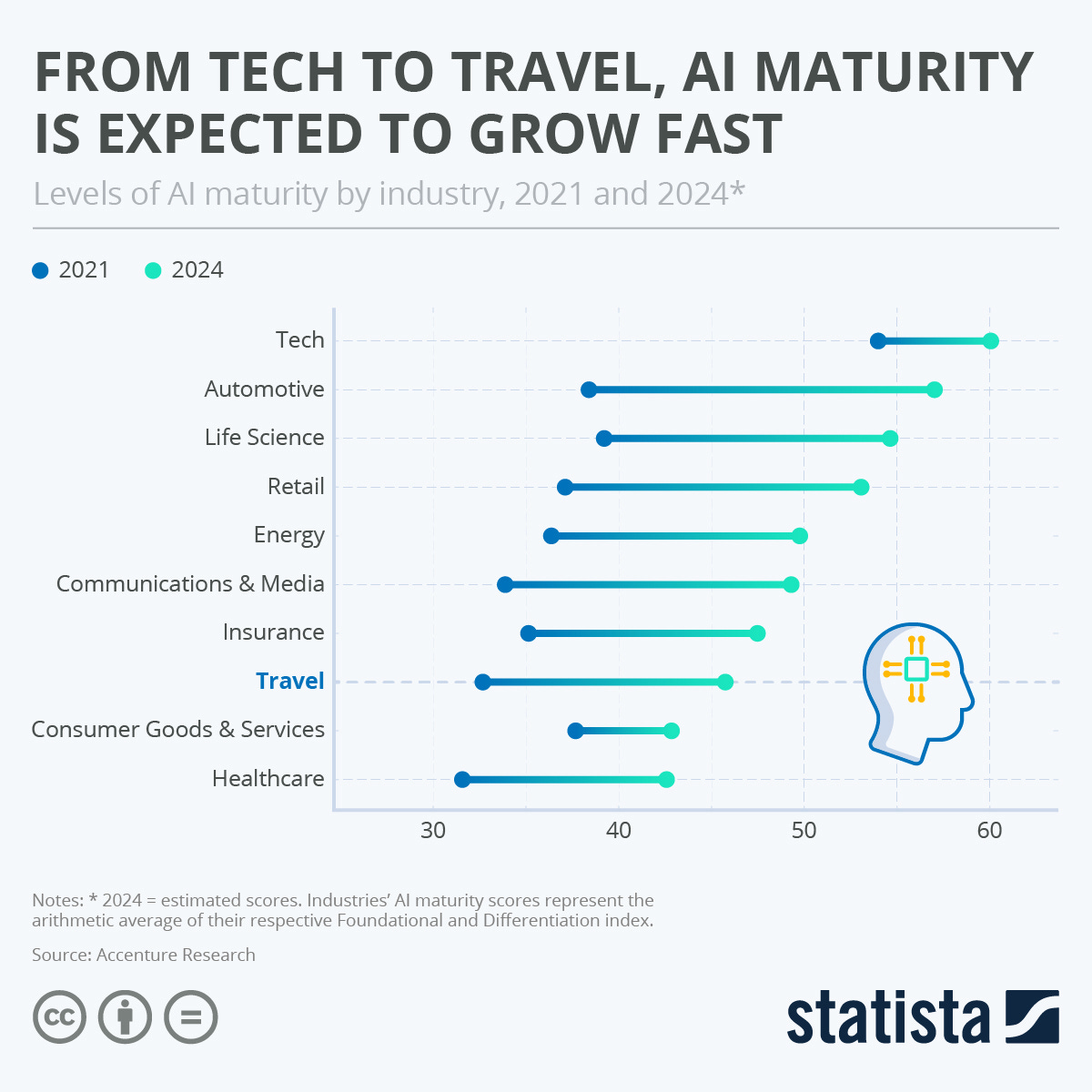This week…
Your reading time is about 6 minutes. Let’s start.
Microsoft Word turned 40 last month, and Victoria Woolaston wrote a neat piece for BBC Future detailing the subtle ways the word processor has changed the way we use language. She quoted linguistic expert Noël Wolf, who explained how Word, which operates predominantly in English, contributed to “linguistic homogenisation” – at the cost of writing diversity.
Over at The Conversation, University of Manchester’s Alexander Baratta wrote how understanding all kinds of English accents can improve empathy and learning – and even be a matter of life and death.
I want to take this a step further for us. I know I have periodically encouraged you to diversify your reading sources, but how about the language in which you consume them? Both BBC and The Conversation mentioned above are available in multiple languages, some of which you probably understand, so you can start there. I’m also recommending a few newsletters on the Substack platform, which intersects between media, the Internet, and society – overlapping the interests of TSB readers (I hope).
Fleet Street in Spanish
La Wikly in Spanish
Mediarama in French
In Bed With Tech in French
MargeM in Portuguese
Newsletter Farol Jornalismo in Portuguese
And now, a selection of top stories on my radar, a few personal recommendations, and the chart of the week.
ICYMI: The Previous Block featured three news outlets making the news: The NYT’s mea culpa, the mainstreaming of Epoch Times, and the exaggeration of a global news outfit. CORRECTION NOTICE: None notified.AI Modi started as a joke, but it could win him votes
Nilesh Christopher for Rest of World:
[Narendra] Modi’s Hindi speeches can often be inaccessible to large swathes of the population that does not understand the language, but voice cloning could help make campaigns accessible, political strategist Sagar Vishnoi told Rest of World. AI voice cloning could break down this language barrier in India, especially the north-south linguistic divide, he said. “AI can be game-changing for [the] 2024 elections.”
‘A goldmine at our fingertips’: the promise and perils of AI in Africa
Jason Burke for The Guardian:
Many point out that AI is not new on the continent. Ghanaian cashew farmers use unmanned aerial vehicles to detect disease by collecting data from leaves, stems and trunks of cashew trees, allowing swift detection of symptoms before they become visible and lead to serious crop damage. In Rwanda, AI efficiently schedules the delivery of medicine to patients in remote areas by similar drones. In Cape Town, a startup is digitising African languages to allow them to be translated by AI-powered software such as Google Translate and so boost connectivity. In Namibia, AI is orienting solar panels to maximise their energy generation capacity.
Driving the spread of AI across the continent in recent years has been an acute need for solutions to multiple challenges. Despite massive progress over recent decades and hundreds of millions of people being lifted out of poverty, many African nations remained crippled by debt, political instability and high levels of violent conflict. Few have the resources to exploit the potential of fast-growing populations or cope with their needs.
This is where AI can play an important role, experts say.
Asian and Middle Eastern users tilt TikTok balance toward Palestinians
Louise Matsakis and J.D. Capelouto for Semafor:
U.S. critics have accused the Chinese-owned app of posing a national security threat over claims that it serves overwhelmingly anti-Israel videos to people. “By tweaking the TikTok algorithm, the CCP can censor information and influence Americans of all ages on a variety of issues,” Rep. Mike Gallagher, R-Wis., wrote in an op-ed this week.
TikTok has denied the claims and said in a blog post they were based on “unsound analysis.” The data reviewed by Semafor suggests that the imbalance on the platform is largely outside the U.S. — and may skew heavily toward the Palestinian side because of the app’s popularity in Muslim countries and the fact that it is blocked in India. TikTok declined to comment on the findings to Semafor.
In the last 30 days, TikTok users in Malaysia — a country of roughly 33 million people — posted 39,000 videos with the hashtag #istandwithpalestine. That’s almost four times the number that were uploaded to the platform with the same hashtag in the U.S.
What I read, listen, and watch…
I’m reading The Seven Husbands of Evelyn Hugo by Taylor Jenkins Reid. There were so many characters I kept losing track of them. (A bit too complex for commuting on high alert.)
I’m listening to “How will ChatGPT and generative AI transform research” on Nature Podcast.
I’m watching the RSF video investigation into the death of Reuters reporter Issam Abdallah in Lebanon (graphic content).
Other curious links:
“How Microsoft is making a mess of the news after replacing staff with AI” by Donie O'Sullivan and Allison Gordon for CNN.
“Graphic pro-Israel ads make their way into children’s video games” by Raphael Satter, Katie Paul, and Sheila Dang for Reuters.
“The audience has a lot to say about coverage of the Israel-Hamas war. We’re listening” by Kelly McBride for NPR.
“The movement to expel Muslims and create a Hindu holy land” by Tusha Mittal and Alishan Jafri for Coda.
“Del porno a Donald Trump. ChatGPT al servicio de los mentirosos” por Marta del Amo en Retina.
« Pubs douteuses et plagiat : des fermes à clics vietnamiennes polluent votre fil Facebook » par Nicholas De Rosa dans Radio-Canada.
Chart of the week
AI maturity is expected to grow fast, as reported by Shanhong Liu for Statista.








